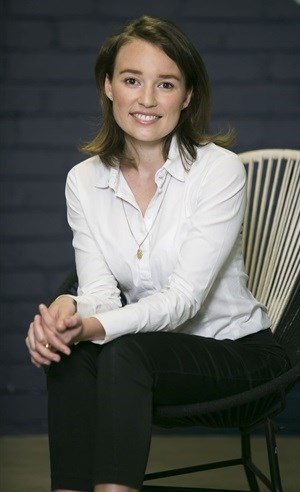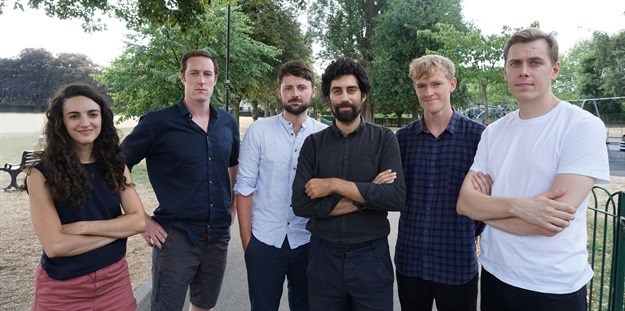Green Building Council South Africa's (GBCSA) Sian Cohen will mentor the African winner and global finalist in the Royal Institution of Chartered Surveyors' (RICS) Cities for our Future competition in their effort to take home the top prize of £50,000. Cohen is a business development manager and key account specialist at GBSCA.

GBCSA's Sian Cohen to mentor African winner of RICS Cities for our Future competition in global showdown
The competition is being run by RICS, in partnership with the United Kingdom National Commission for UNESCO and the Association of Commonwealth Universities, to encourage young people around the world to think about the challenges facing the world’s cities and to draw upon their imagination and innovative ideas to create real, practical solutions that global cities can implement.
From the 1,200 entries initially submitted from around the world, 12 finalists are now developing their ideas, under the tutelage of industry experts to vie for first place in the competition, and global recognition.
Innovative building cooling technology
The winner for Africa, Heat Island, a new design studio from the United Kingdom, who will be mentored by Cohen, designed an innovative building cooling technology to address the rapidly escalating energy demands required for air-conditioning in hot arid climates.
Some experts estimate that by 2050, over 50% of global electricity consumption may come from building cooling as temperatures rise as a result of climate change.
Says Cohen, who has a passion and an innate love of sustainability, and is committed to collaboration and working towards the solutions of tomorrow: “Competitions like this highlight the opportunity for global talent to address our shared climate change concerns. Never has it been more imperative that buildings the world over are environmentally responsible, and constructed with maximum energy and resource efficiency top of mind.
“Heat Island’s concept perfectly combines future thinking tech opportunities with traditional building systems to address the core issue of rapidly urbanising African cities. As a result, I am excited to be involved in assisting them in exploring the potential to further their project.”

Heat Island project team, winners of the African leg of the RICS Cities for our Future global competition
Energy footprint reduction
The project comprises an innovative new facade system of ceramic cooling elements that use traditional processes of evaporative cooling to reduce the energy footprint of buildings.
Adds Cohen: “Their proposal, which offers tremendous potential for usage in warmer climes across the globe, makes use of low-cost, sustainable and recyclable ceramic architectural modules that can make spaces and buildings healthier and more liveable.
“Their system both aims to reduce the demand for expensive and energy intensive air-conditioning while simultaneously creating local networks of water filtration and distribution that produce benefits for entire neighbourhoods and cities – particularly relevant and applicable in rapidly growing urban populations.”
The winner of the competition will be announced in November.


















































